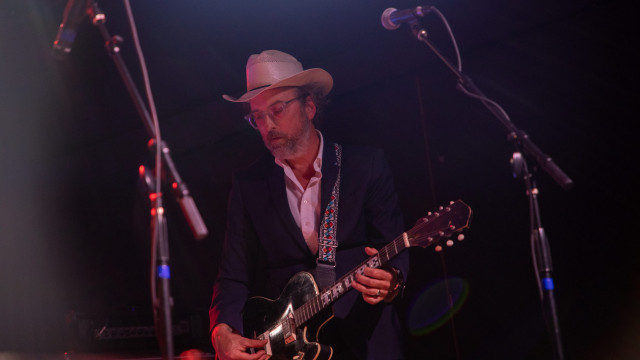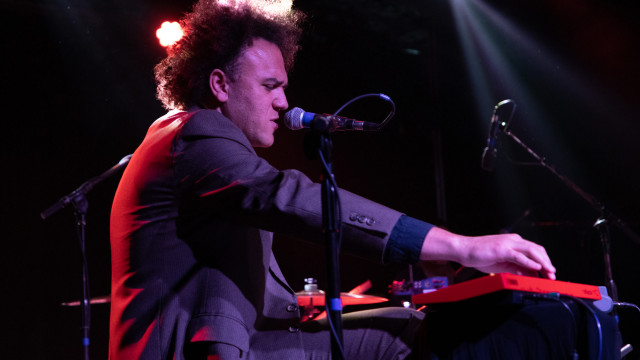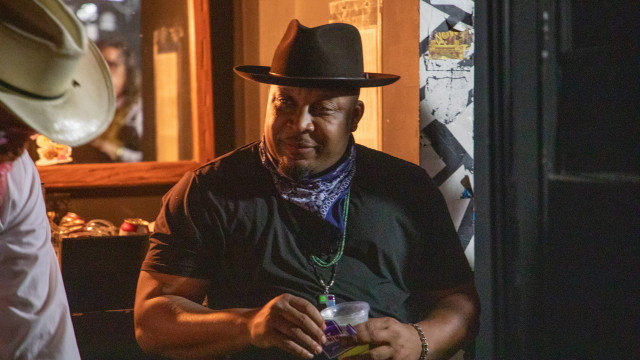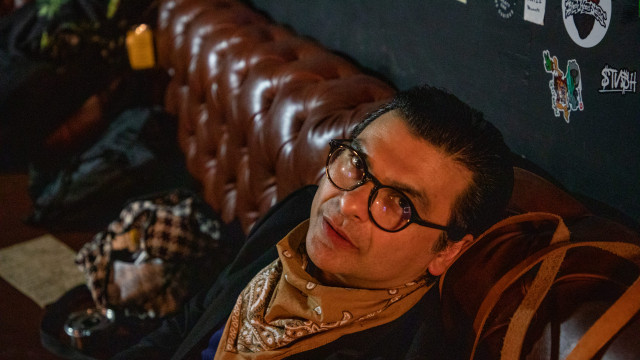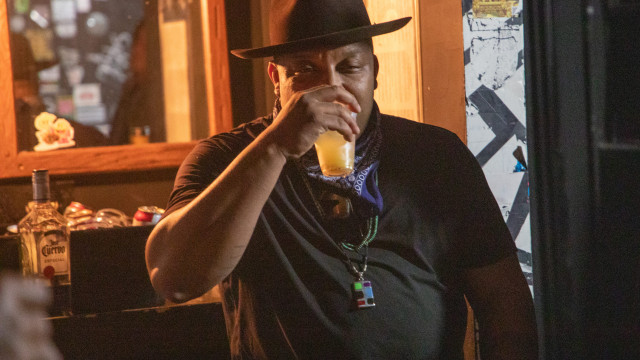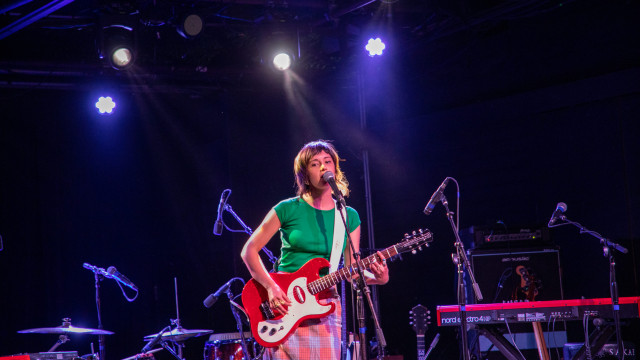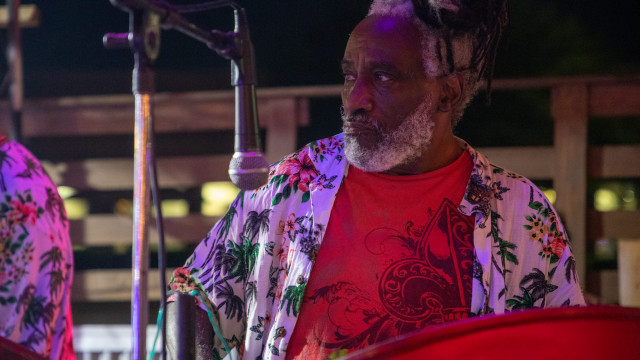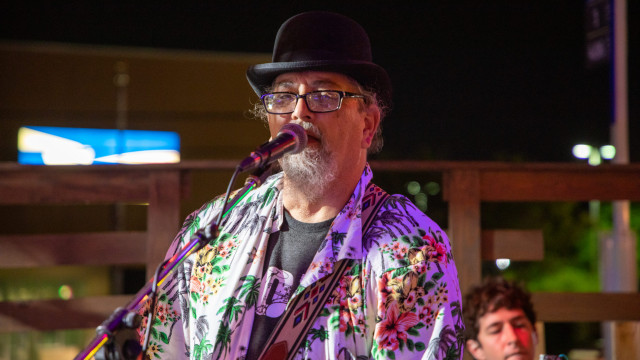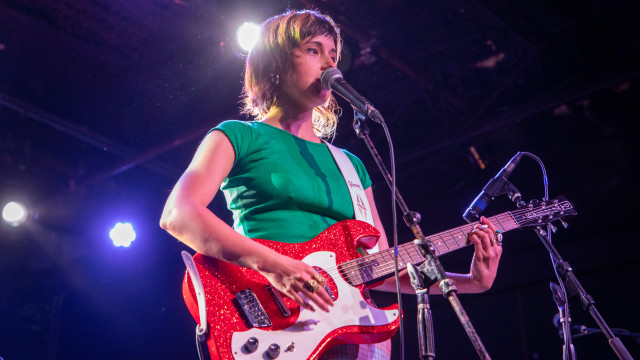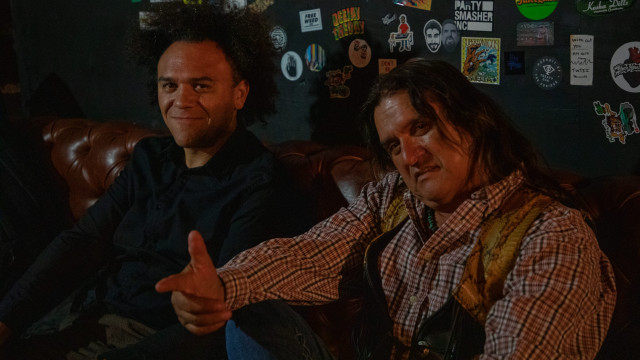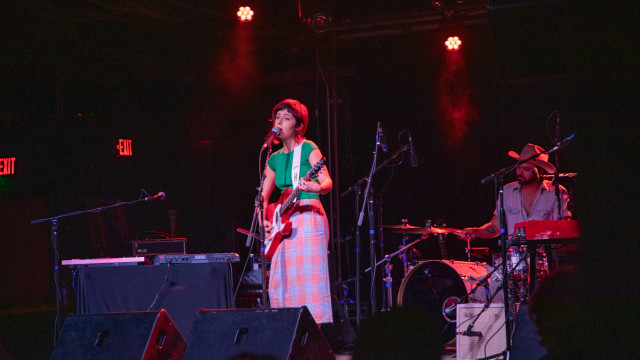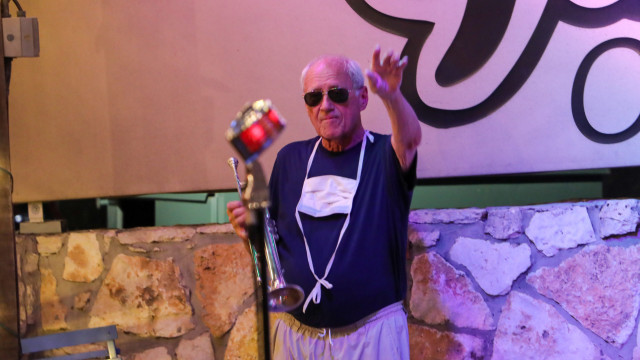Live Music Gradually Returns to the Live Music Capital of the World
By Ashley Miznazi
Reporting Texas TV
AUSTIN, Texas — Venues and musicians are fighting to maintain Austin’s reputation as the Live Music Capital of the World. However, while the lights turned off, bills did not stop and venues struggled to make rent.
Red River Street hosts the largest cluster of live music venues in the city and is known as a cultural tourism destination. Red River Cultural District Director Cody Cowan said Austin has about 50 full-time venues and only enough city government funding for half of them.
“We’ve been told to shut down for a year so all staff is gone. Some people will be coming back, some people won’t. The need is still pretty great,” Cowan said.
The City of Austin deployed four signature programs to try to sustain the music community, totaling over $6 million. Cowan said this money went to most businesses’ rent.
“We’re doing the very best we can to distribute money equitably, to distribute money to those who need it most,” said Stephanie Bergara, City of Austin Artists and Industry Development.
Last Thursday, Senator John Cornyn joined leaders from the local music industry at Antone’s to highlight applications opening for a $16.2 billion SBA Shuttered Venue Operators relief grant.
One advocate of the grant is Austin-based lawyer Rebecca Reynolds, who works on crafting policy at the city, state, and federal levels to help stabilize the music industry. She began working on the federal bill at the start of the pandemic and celebrated the application opening at Antone’s with Senator Cornyn.
“It’s been a long, hard road. Now we have this federal grant money and I think people are finally starting to believe that we’re all going to be OK and they’re going to make it through,” Reynolds said.
One of the business owners who applied for federal grant funding is Dave Machinist, owner of the Empire Control Room and Garage on East Seventh Street. Machinist said he’s been doing everything under the sun to raise money this year, including curbside and membership services.
“It didn’t stop the bleeding. So we were applying for grants and holding on to as many of our staff as we could,” Machinist said.
“Our money was so low we couldn’t afford to be closed anymore and decided to reopen in our socially distant concert on a grid model.”
He and other Red River Culture District business owners signed a pledge called “Safe in Sound” to follow CDC guidelines with reopening. Cowan modeled the pledge after the safety guidelines music industry leaders set in Tampa, Florida called Safe and Sound.
“The business reality is there are real consequences for not opening up at all, even if it doesn’t make for your heart. People have described they’re in a catastrophic amount of debt without any certainty that they have a way out of this, at least until the SPA money opens,” Cowan said.
Empire Control Room and Garage and 50 other venues joined the safety pledge. Machinist owns multiple venues but chose to only open Empire because of its outdoor option.
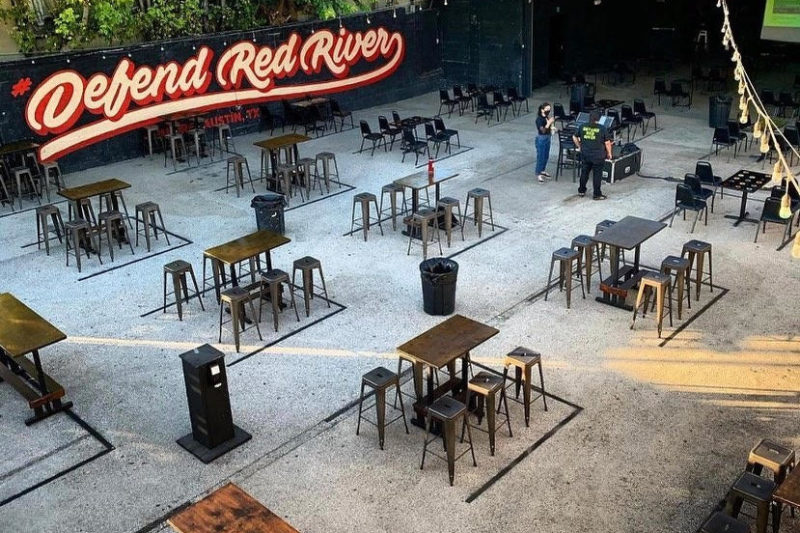
Spaced seating at Empire Control Room and Garage. (Photo: Dave Machinist)
In addition to being outside, Empire has socially distanced seating, temperature checks, and hand sanitizer available. People are asked to put on masks when moving outside their table and order through a phone QR code as opposed to a bar.
The sold-out show Saturday night had 200 people in attendance. Tickets are sold on a grid system with 33 table options to purchase in “pod” sales. Before the pandemic, Empire Control Room and Garage could host more than 1,000 people.
Dr. Darlene Bhavnani, a University of Texas disease epidemiologist, said smaller crowds mixed with outdoor venues are “a little bit safer” because of the increased ventilation.
“When individuals might have to line up for a bathroom, for example, or head indoors for some sort of break or rest, or to buy a drink or get a bite to eat, I think in those situations it is a bit tricky,” Bhannani said.
“We want to try to maintain as much distancing as possible. I would also be looking for the use of masks in situations like that.”
Machinist said he has not had any COVID-19 outbreaks among employees since opening. In exchange for getting vaccinated, he’s offering his employees $50.
“So between now and June, we have a lot of work to do. Safe in Sound is about holding those reins back until it’s safe to do this stuff again, to have concerts without having to worry about social distancing,” Machinist said.
